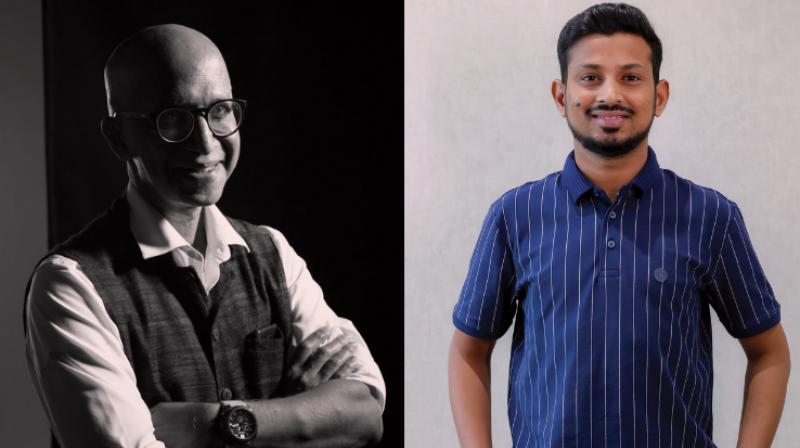Celebrity-owned brands have historically leveraged star power to capture mass appeal. Now, a new challenger has emerged: influencer-owned brands, which resonate with more niche, engaged, and authentic audiences. We compared the impact and effectiveness, focusing on how they influence consumer behaviour and brand perception.
Danish Malik, founder and CEO, Boomlet and Kiran Khalap, co-founder and managing director, chlorophyll, debate on the topic.
How does the engagement level differ between celebrity and influencer-owned brands?
Danish Malik (DM): Influencer-owned brands usually get more engagement because influencers make sure to connect personally with their followers. They reply to comments, share their own stories, and make their audience feel included, which builds a stronger bond.
Kiran Khalap (KK): First, there is a difference between brands advertised by celebrities/influencers and brands owned by celebrities/influencers. Anomaly is owned by celebrity Priyanka Chopra; Bvlgari is advertised by Chopra. Level Supermind is owned by influencer Ranveer Allahabadia aka Beer Biceps, but he used to recommend many brands of men’s fashion over time. Here is one unique way of understanding the phenomenon: Celebrities increase the aspiration level of a brand not owned by them but by increasing the distance between the buyer’s perceived social and financial status. For example, when Chopra says, “Bvlgari is not for everyone, I am different.”
Are influencer-led brands able to create a more personalised and interactive experience for their followers compared to celebrity-owned brands?
DM: The personal touch influencers bring to the fore makes followers feel like they are part of the brand’s journey. On the other hand, celebrity-owned brands have a bigger audience but don’t interact as much, which makes it feel less personal. While celebrities can grab attention, influencers often create deeper connections with their followers.
KK: Yes, it does if the influencer is also a celebrity who owns the brand! For instance, Fenty Beauty by Rihanna has the brand promise of ‘inclusivity’ for all women, which sounds authentic because of her skin colour and the widest range of colours the brand offers. In this case, the celebrity also creates a more personalised and interactive experience for her existing followers.
What impact does brand ownership by celebrities versus influencers have on consumer loyalty and brand perception?
DM: Celebrity-owned brands, definitely pick a wider audience, and attention and garner mass reach as well but that’s mostly in the initial stage/phase due to their fame and name. However, influencer-owned brands often build deep trust, lasting loyalty and utility. This is due to their niche category of work leading to authenticity and audience engagement. It has been observed that influencers’ audiences are much more active and engage relevantly with them in terms of the products or services promoted/marketed. Whereas with celebrities it’s all about the crush and liking factor. However, as per the brand’s requirements and campaigns, brands may need celebrities for initial hype and influencers for long-lasting relationships and it may differ for various brands. This difference can significantly shape brand perception with its end consumers leading to more trust and help with their decision.
KK: Celebrities increase the accessibility to their own fame through brands owned by them. When it comes to influencers, they increase the accessibility of a brand. They could be closer to the consumer when it comes to the latter’s spending power as well as relatability. So, for instance, when Parul Kakkar says, “I’m the mother of four children,” it implies that she knows what mothers need.
Are there differences in how audiences view the authenticity and credibility of these brands?
DM: Yes, there’s a difference. Nowadays, audiences engage and trust their favourite influencers. Looking at the rising popularity of social media, people are majorly dependent on Instagram, and YouTube for their choices including platforms like Google, Amazon, Flipkart etc for opinions. Hence, there has been a drastic increase in the last three to five years when we have served various brands for their influencer marketing, and brand reputation requirements. It’s all about the perspective that has been created by the brands for their consumers.
KK: It boils down to the proximity of the celebrity/influencer to the brand’s function. The viewer knows Shah Rukh Khan does not use Lux (even though there was an ad for Lux with SRK in the tub), but she feels closer to him while using Lux. There is no authenticity in the claim, but it works because of SRK’s fan following! On the other hand, boAt is a good example of a brand that uses influencers that are credible because they are like ‘us’, and they are actually using the product we are using!
This article first appeared in the October issue of Manifest. Get your copy here













